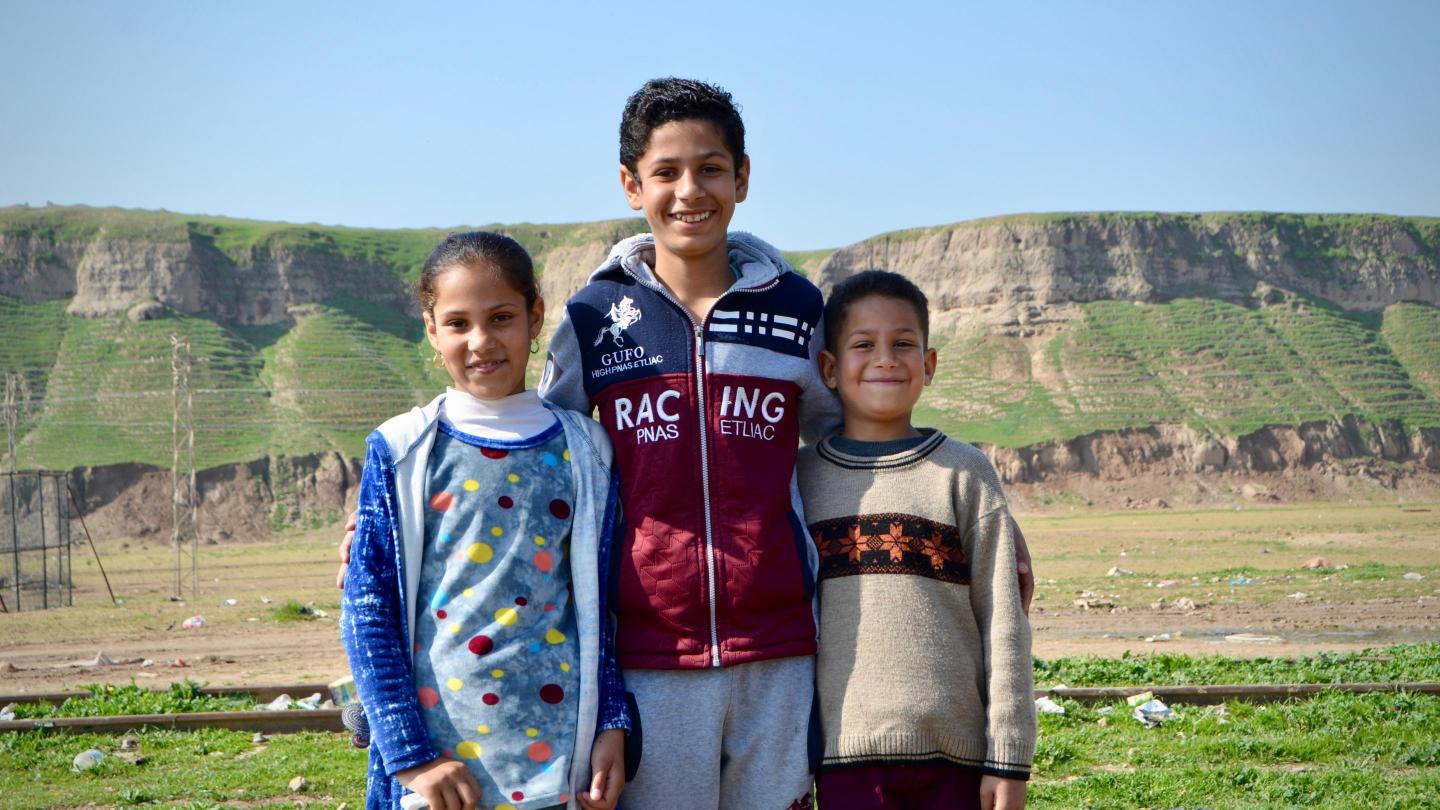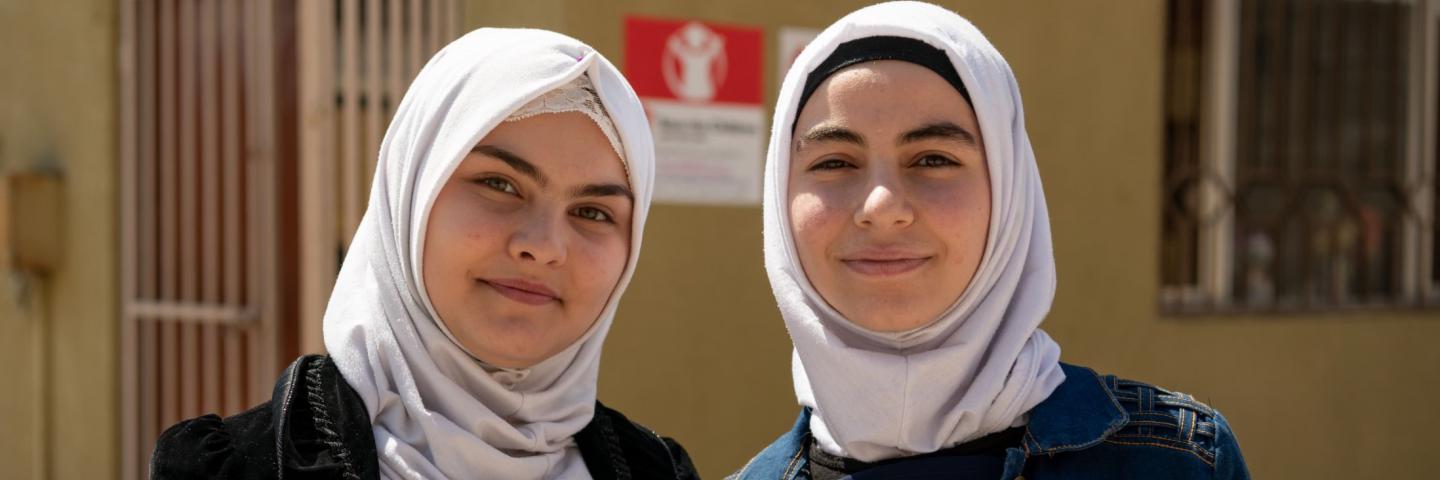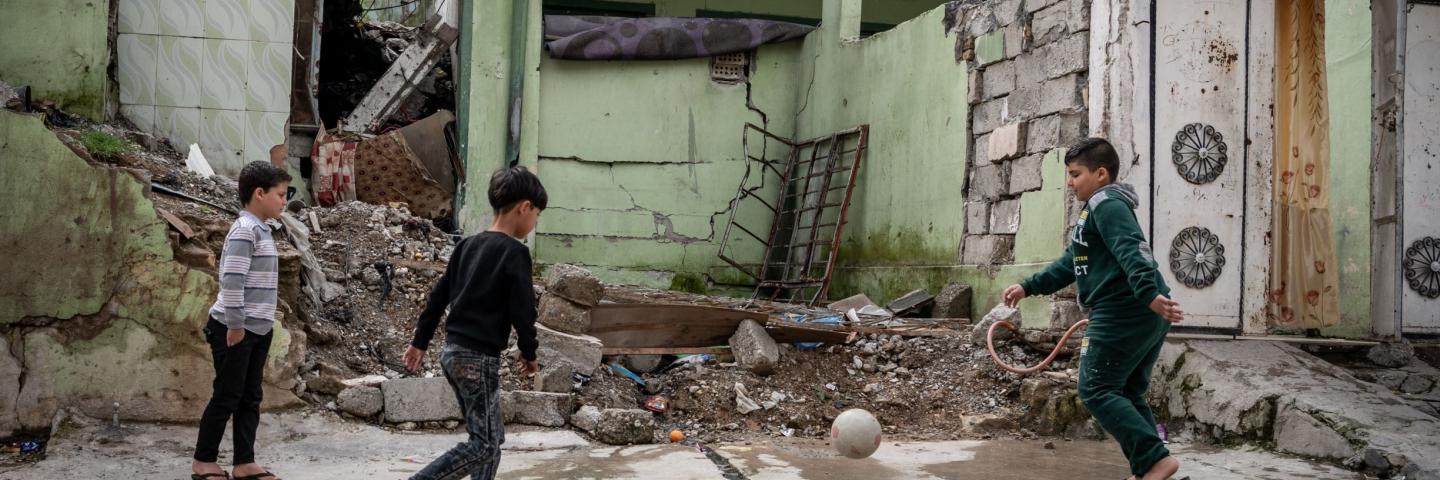
Nearly 60% of the Iraqi population are aged 24 years and below. Despite this, reconstruction and recovery efforts fail to focus on areas meaningful for Iraqi children and youth. This is evidenced by relatively low investment in basic services, education, skills building and livelihood opportunities, protection, reconciliation and provision of mental health services.
Humanitarian and development needs remain high. Fifty-six percent of children aged between 2 and 4 have no access to early childhood education and only 44% complete upper secondary. Most children who have completed school do not find rewarding employment and livelihood opportunities. Economic hardship faced by refugee families has prevented some refugee children from enrolling in school.

Weak child protection systems heighten the vulnerabilities of children. Not having civil documentation restricts their access to essential services. Violence against children and child marriage remain persistent. The judicial environment to protect children in conflict with the law does not conform to the standards of juvenile justice, and the killing and maiming of children is the most widespread grave violation. Reports show that exposure to prolonged violence, displacement and COVID 19 puts the psychological wellbeing of children at an alarming risk.
Iraq Country Office
Farage Commercial Complex,
Opposite of 4 Towers, Area 128, Ankawa, Erbil, KRI – Iraq
